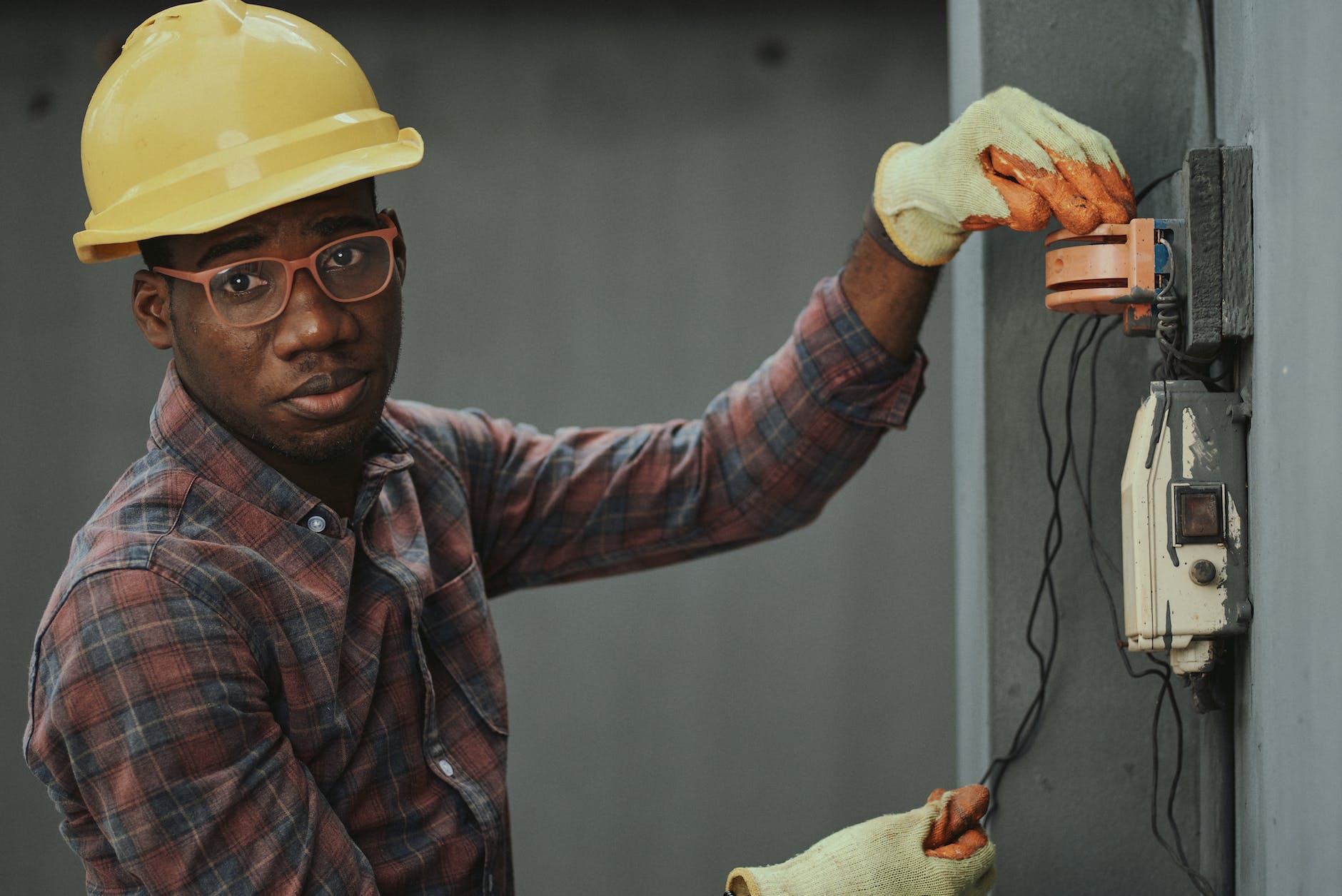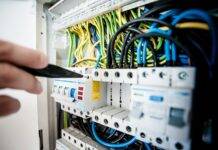
Electrical Safety for Non-Electricians: Building Basic Awareness and Precautions
Introduction
In today’s technology-driven world, electricity is an integral part of our daily lives. Whether at home or in the workplace, basic awareness of electrical safety is crucial for everyone, not just electricians. This article aims to provide non-electricians with essential insights into electrical safety, offering practical precautions to ensure a safe environment.
Understanding Electrical Hazards
- Electric Shock
- Direct Contact: Electric shock can occur when there is direct contact with live electrical circuits.
- Severity: The severity of shock varies but can lead to serious injuries or fatalities.
- Electrical Fires
- Causes: Overloaded circuits, faulty wiring, or damaged electrical equipment can lead to electrical fires.
- Prevention: Awareness and proper precautions can significantly reduce the risk of electrical fires.
Basic Electrical Safety Precautions
- Avoid Overloading Outlets
- Use Power Strips Judiciously: Be mindful of power strips and avoid overloading them with too many devices.
- Spread the Load: Distribute electrical devices across different outlets to prevent overload.
- Check Cords and Plugs Regularly
- Inspect for Damage: Regularly inspect power cords and plugs for any signs of fraying, exposed wires, or damage.
- Replace Damaged Cords: Immediately replace damaged cords to prevent electrical hazards.
- Be Cautious with Water and Electricity
- Keep Away from Water Sources: Avoid using electrical appliances near water sources to prevent the risk of electric shock.
- Dry Hands: Ensure hands are dry before handling any electrical devices.
- Use Ground-Fault Circuit Interrupters (GFCIs)
- Installation: Install GFCIs in areas where water and electricity may come into contact, such as kitchens and bathrooms.
- Testing: Regularly test GFCIs to ensure they are functioning correctly.
- Educate Yourself on Circuit Breakers
- Locate Breaker Box: Know the location of the breaker box in your home or workplace.
- Trip Investigation: In case of a tripped circuit, investigate the cause before resetting.
- Safe Use of Extension Cords
- Temporary Solution: Use extension cords as a temporary solution, not a permanent one.
- Avoid Tangles: Avoid tangling or coiling extension cords, as this can lead to overheating.
Emergency Response for Electrical Incidents
- In Case of Electric Shock
- Don’t Touch the Victim: If someone is experiencing electric shock, do not touch them directly.
- Power Off: Turn off the power source if possible and call for emergency medical assistance.
- Electrical Fires
- Use Fire Extinguisher: If safe to do so, use a Class C fire extinguisher for electrical fires.
- Evacuation: Evacuate the area and call emergency services if the fire is not quickly controllable.
Workplace Electrical Safety
- Training Programs
- Employee Training: Employers should provide basic electrical safety training for all employees.
- Emergency Drills: Conduct drills to ensure everyone knows the proper response to electrical incidents.
- Reporting Electrical Issues
- Prompt Reporting: Encourage employees to promptly report any electrical issues or malfunctions.
- Professional Inspection: Have electrical problems inspected and addressed by qualified professionals.
Conclusion
Basic electrical safety is a responsibility shared by everyone, regardless of their expertise. By understanding common electrical hazards and adopting simple precautions, non-electricians can contribute to a safer living and working environment. Staying aware, regularly checking electrical components, and knowing how to respond in emergencies are key elements in ensuring electrical safety for all.
Electrical Hazards and Control Measures
Electrical Safety Toolbox Talks
How to Make JSA for Electrical Activity
How to Make HIRA on Electrical Safety?
Frequently Asked Questions (FAQs)
- What is the primary hazard associated with electricity?
- Electric shock is a significant hazard associated with electricity.
- How can I prevent electrical fires at home?
- Prevent electrical fires by avoiding overloading outlets, regularly checking cords and plugs, being cautious with water and electricity, and using ground-fault circuit interrupters (GFCIs).
- What should I do in case of electric shock?
- In case of electric shock, do not touch the victim directly, turn off the power source if possible, and call for emergency medical assistance.
- Why is it important to use GFCIs in certain areas?
- GFCIs are crucial in areas where water and electricity may come into contact because they can quickly interrupt the power if a ground fault is detected, preventing electric shock.
























